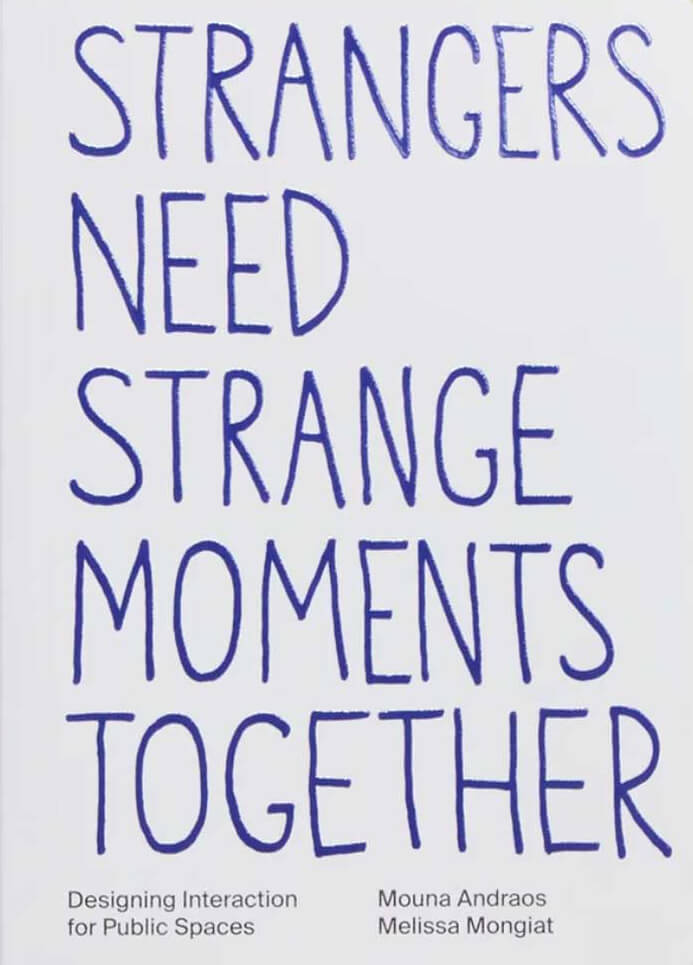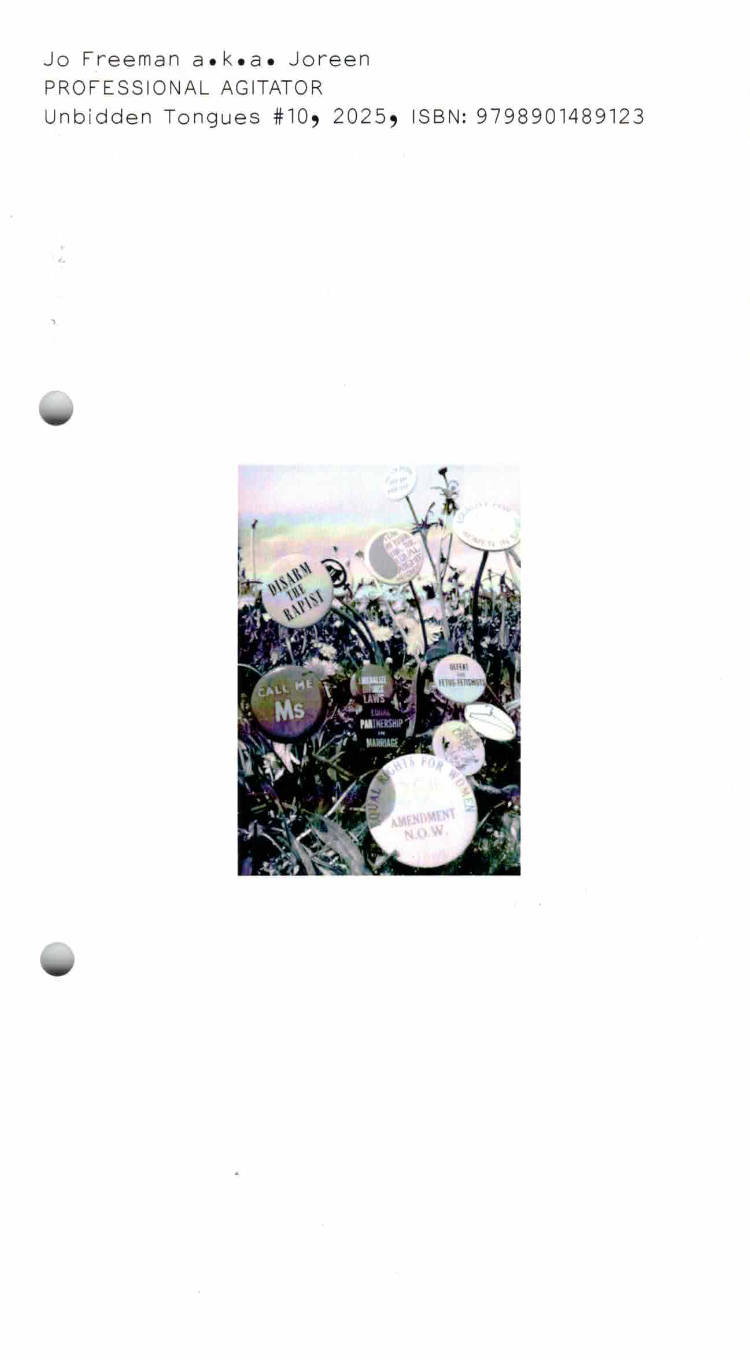
No-ISBN عن النشر الذاتي
Leo Findeisen ed., Agnes Blaha ed., Bernhard Cella ed.
What role will self-publishing play in the 21st century? Will the new kind of book printing develop to become an alternative to electronic communication? How is it possible to distinguish subversive gestures and New Biedermeier?
NO-ISBN – On Self-publishing investigates extraordinary books that withdraw from the international book trade. A register contains 1,800 items that have three features in common: they are recent, printed on paper, and circulate without an ISBN. This is the first Arabic edition produced within the context of the exhibition How to maneuver: Shape-shifting texts and other publishing tactics, with the support of Warehouse421, Abu Dhabi.
NO-ISBN – On Self-publishing provides an outline of media history from 15th century book printing to the present time, a schedule of micro- and fanzine fairs from four continents and manifestos of historical and current avant-gardes. They are interspersed with texts about the international boom of artists´ books, written by protagonists of self-publishing. This first, richly illustrated reader offers an apparatus to discover a new, yet uncharted terrain.
Arabic edition.
Language: Arabic




